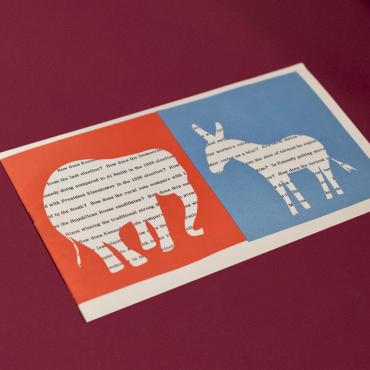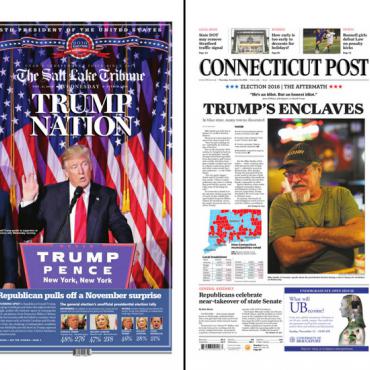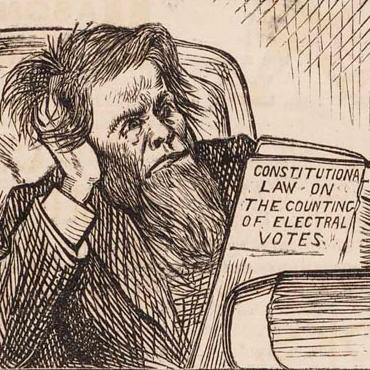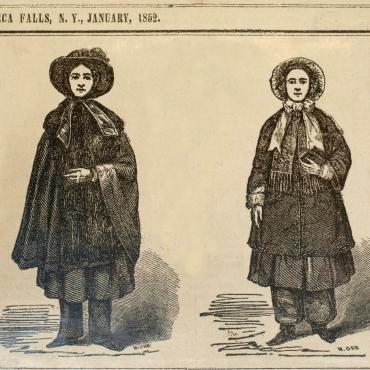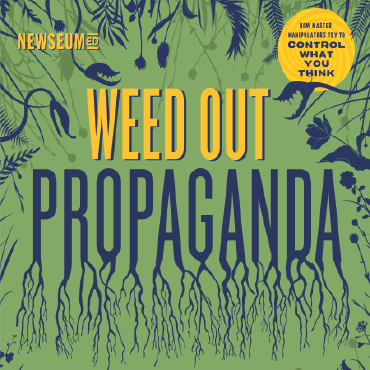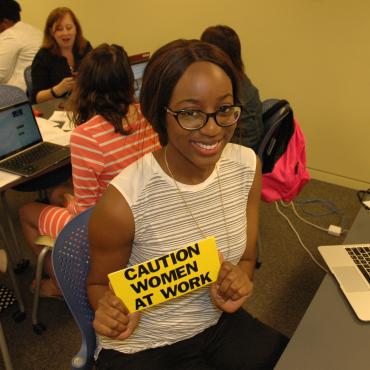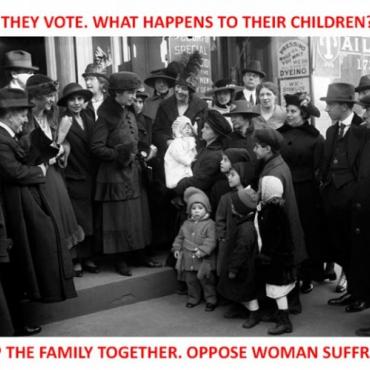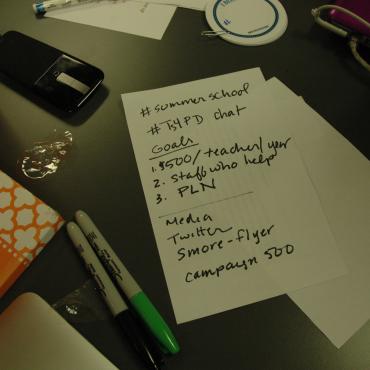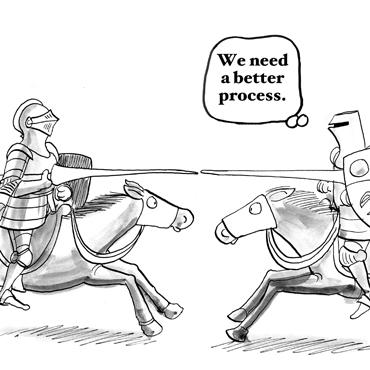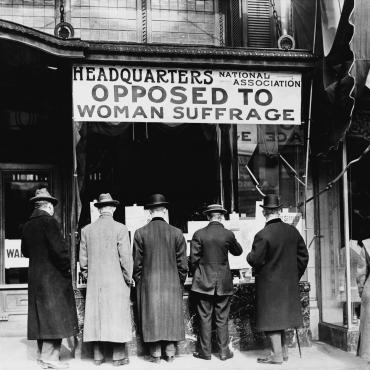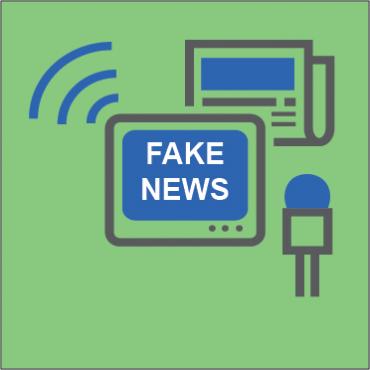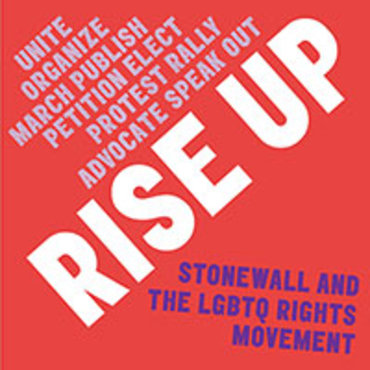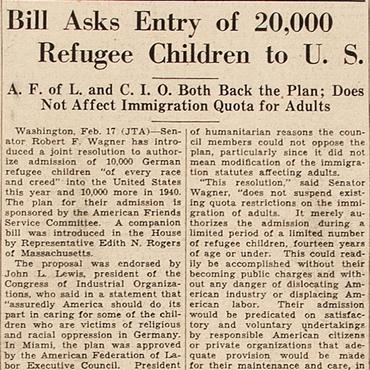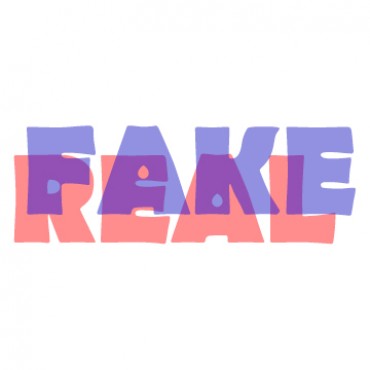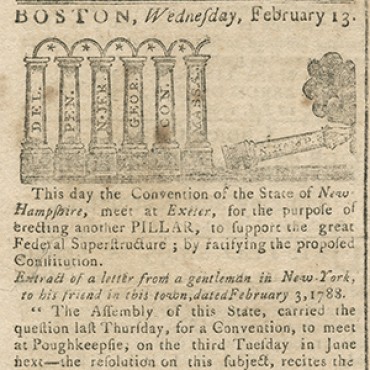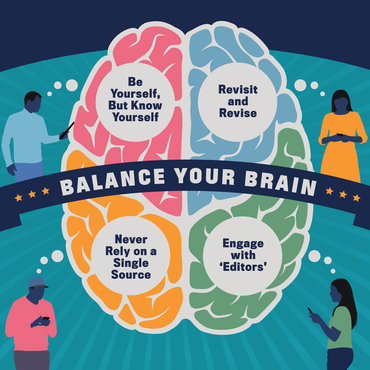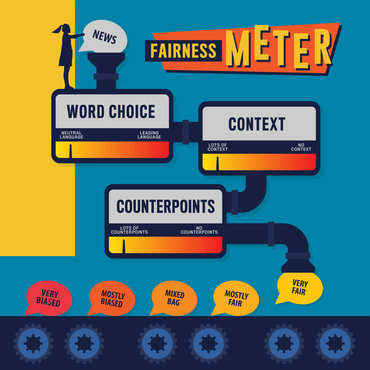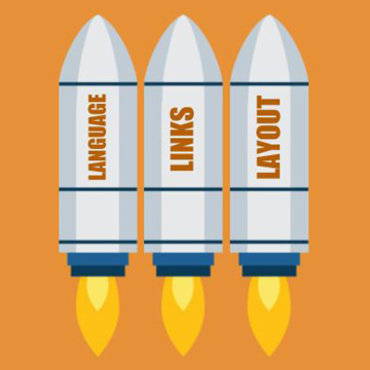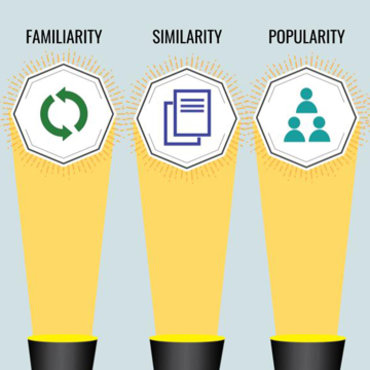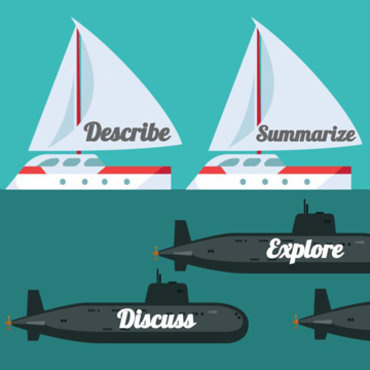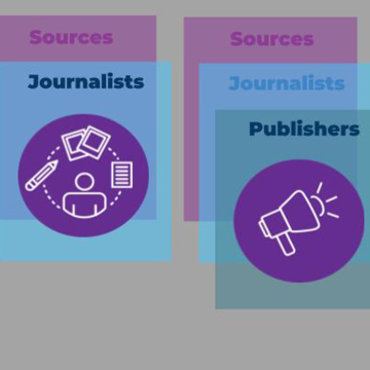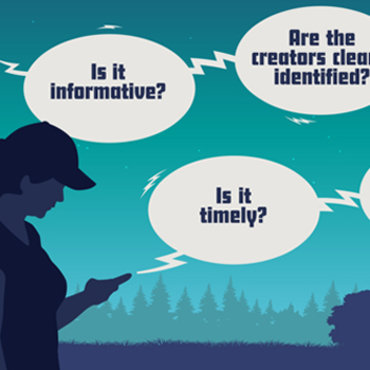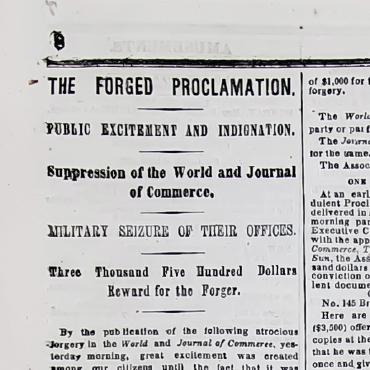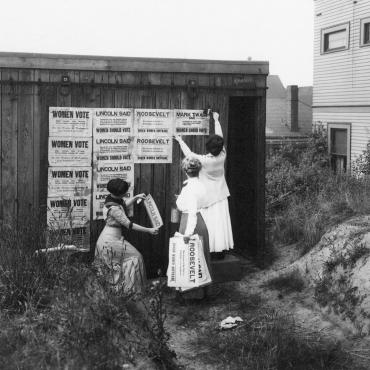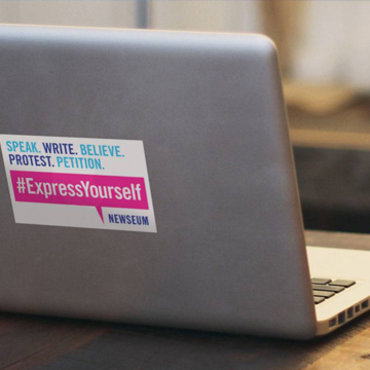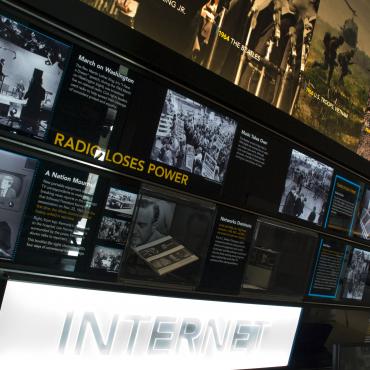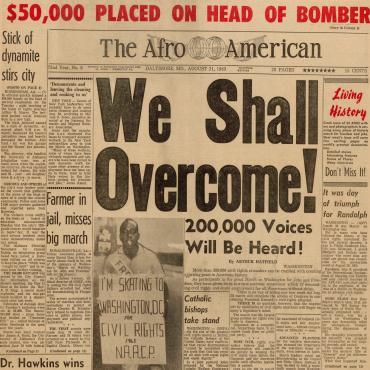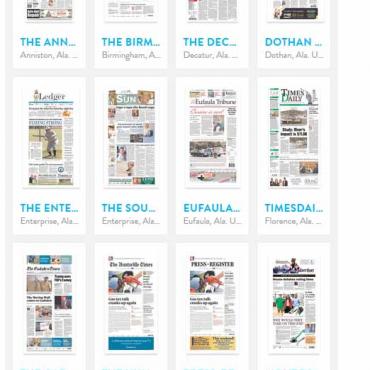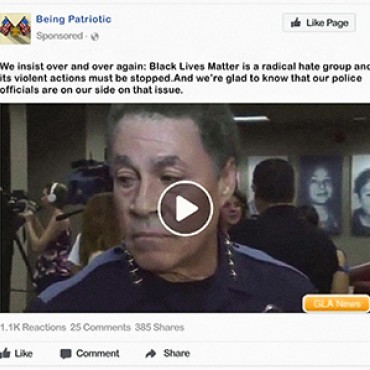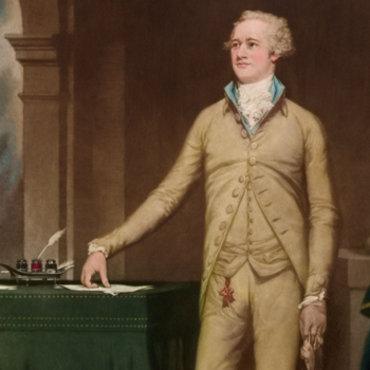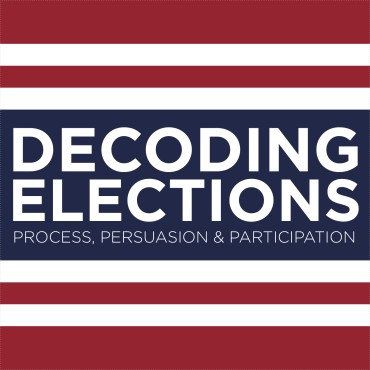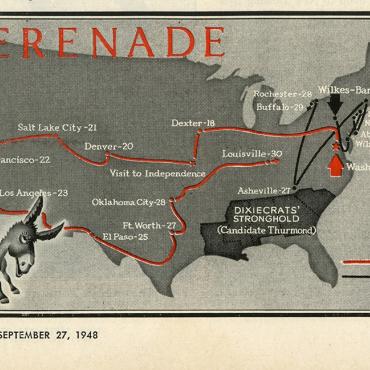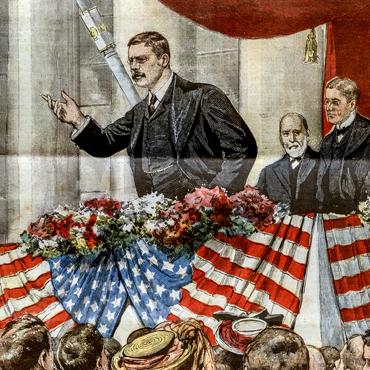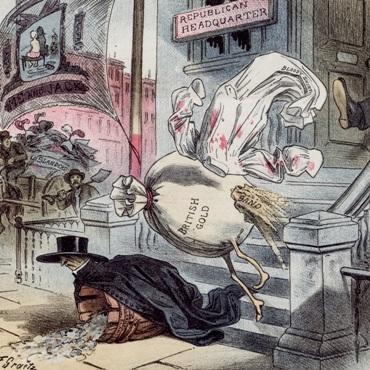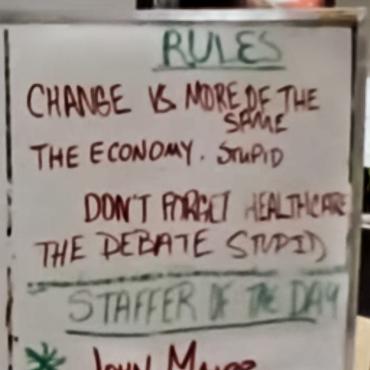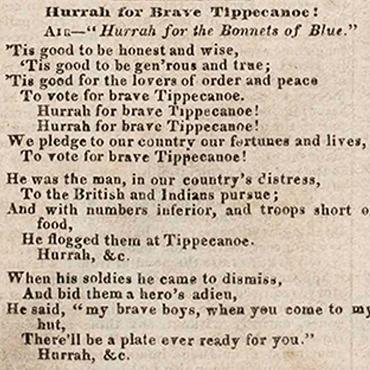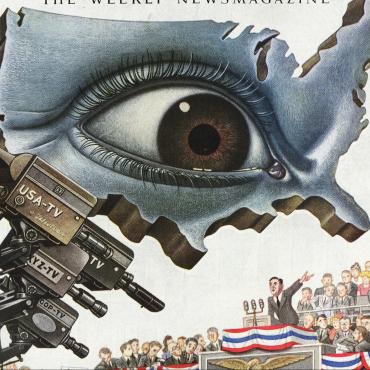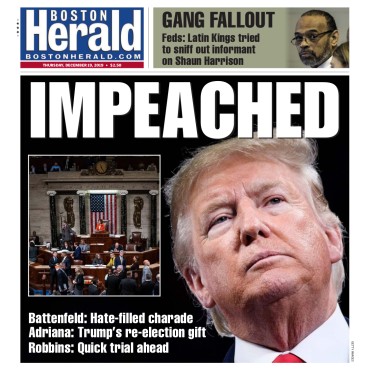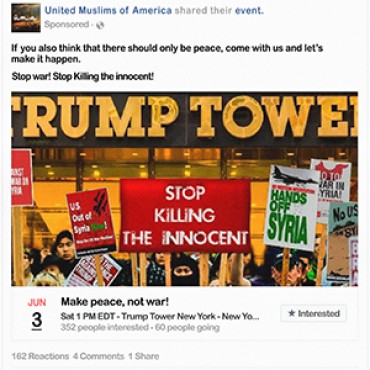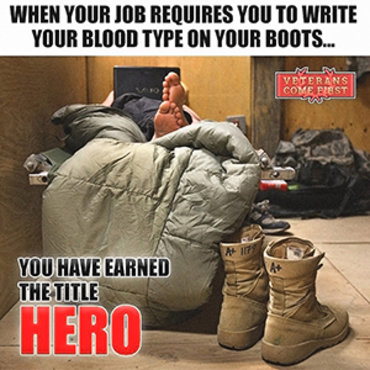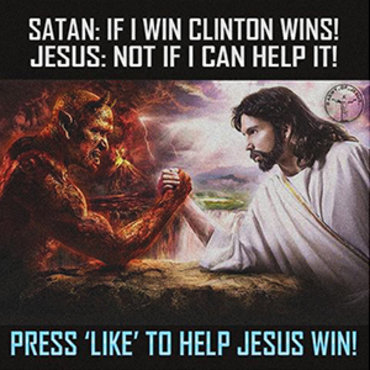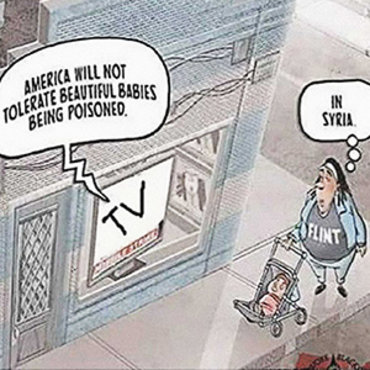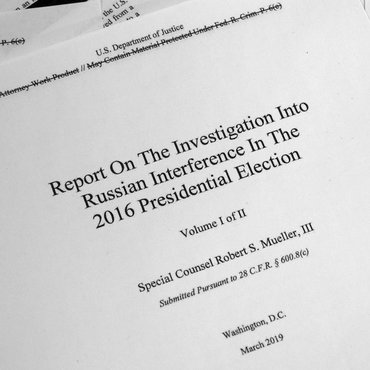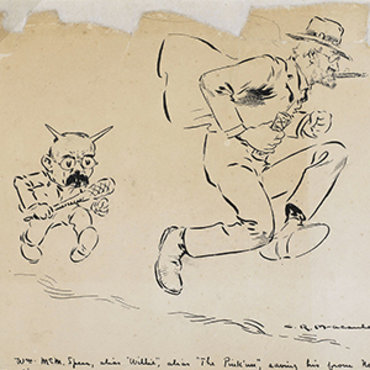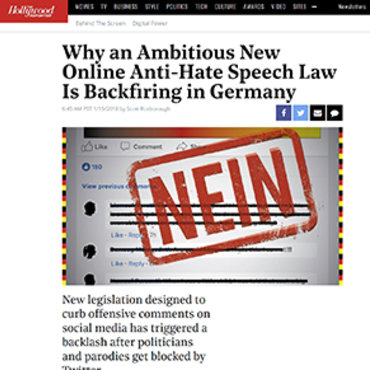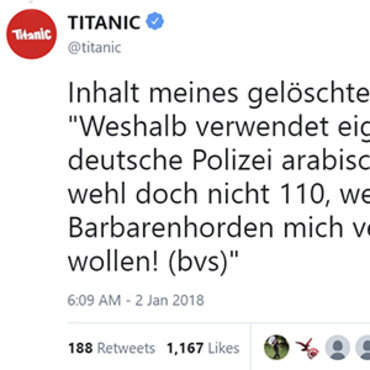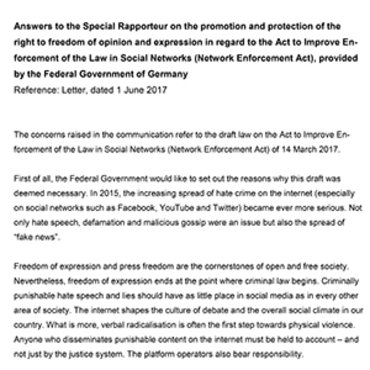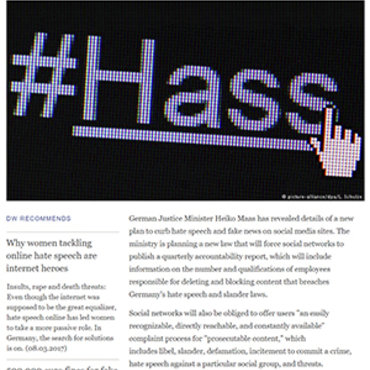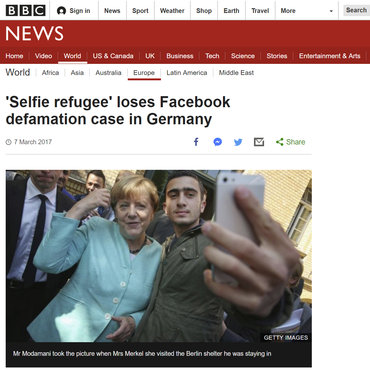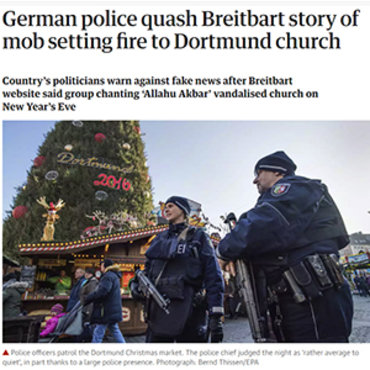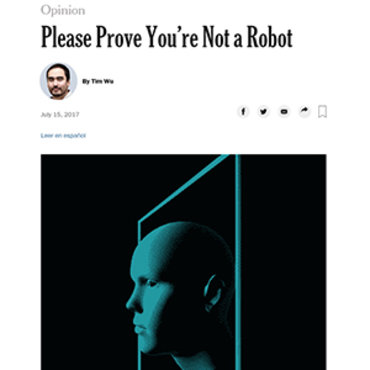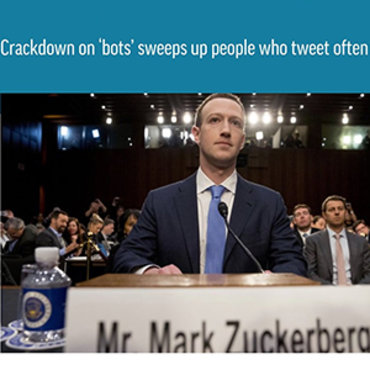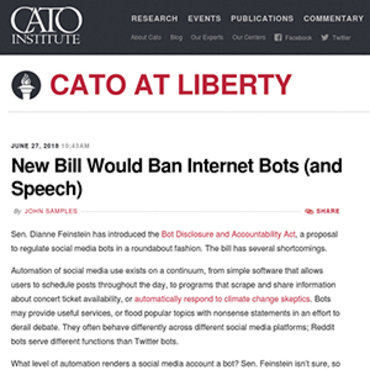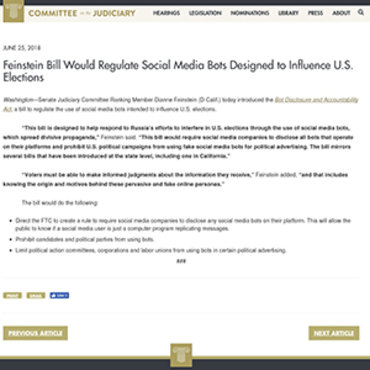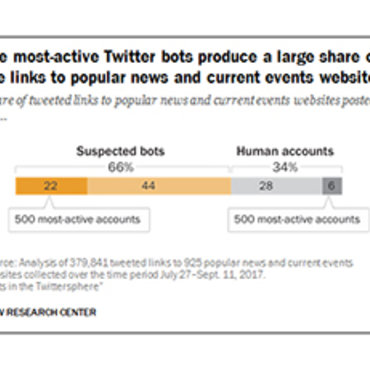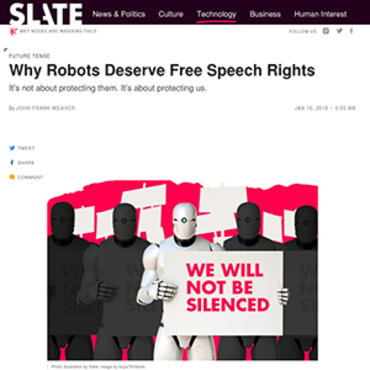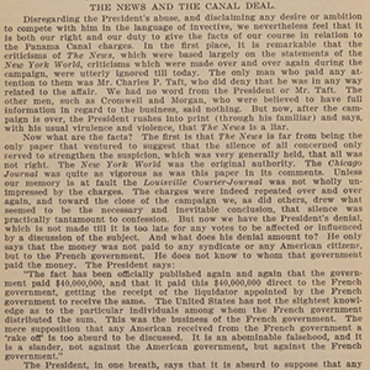Disinformation Nation: Separating Politics & Propaganda
Students will lay the foundation for informed democratic participation by seeking out information about a current election candidate and weighing whether or not the sources they find are trustworthy.
Get even more great free content!
This content contains copyrighted material that requires a free NewseumED account.
Registration is fast, easy, and comes with 100% free access to our vast collection of videos, artifacts, interactive content, and more.
NewseumED is provided as a free educational resource and contains copyrighted material. Registration is required for full access. Signing up is simple and free.
With a free NewseumED account, you can:
- Watch timely and informative videos
- Access expertly crafted lesson plans
- Download an array of classroom resources
- and much more!
- Current Events
- Elections
- Politics
- 7-12
- Information or Manipulation? worksheet (in lesson plan download), one per student
- Internet access to view Disinformation Nation website and conduct research
- An online slide deck or document where students can add links to sources
- Quickly define propaganda (messages that serve a particular agenda and are designed to manipulate their targeted audiences) and gauge what students know about the topic.
- Give students 10 minutes to explore the “Why It Matters” section of Disinformation Nation. To access this page, click on “Propaganda” in the main menu at the top of the homepage, then click on the “Why It Matters” drop-down option. (You may also want to allow time for students to explore the “How It Works” section, if you have not already completed the Disinformation Nation lesson plan titled “Is It Propaganda?”)
- Tell students that they’ll be focusing on one of the biggest potential impacts of propaganda: how it can affect our democracy. Ask students: Why is it important for citizens living in a democracy to be informed? (The citizens choose their leaders and shape policies through their decisions at the ballot box; these decisions should be based on sound information.) How can propaganda make it harder to make a good decision as a voter? (It attempts to get you to vote in a certain way to serve someone else’s interests. It may spread false information or try to influence you using exaggerated claims or a simplified version of the truth.) Discuss how elections generate a wide range of content about the candidates. Some of this content is objective and helpful when forming opinions. Some is biased and may even rise to the level of propaganda. They are going to see if they can tell the difference.
- Select a race in an upcoming local, state or national election (either select it yourself or choose together as a class) to focus on for this exercise. Identify the two or more candidates involved in this race.
- Distribute the “Information or Manipulation?” handouts and assign each student or small group a candidate. Give the students 20 minutes to find two different sources of information about their candidate (or assign this portion of the activity as homework) and answer the worksheet questions for each source they find. Also point students to an online document or slide deck where they can post links and/or screen grabs of their sources to facilitate your class discussion.
- When students have completed their research, discuss their process and findings as a class, giving individuals/groups the chance to share sources they found (use the online slides or document to allow the class to see the various sources) and explain why they found them trustworthy or not. Use the questions below to prompt conversation about their experience and its real-world implications.
- Do you agree with your classmates’ opinions about which sources were or were not trustworthy? Why or why not?
- Did you find it hard to determine which sources were trustworthy? Why or why not?
- Do you see any patterns among the sources of information that you and your classmates think are trustworthy versus those you don’t? Try to create a short set of guidelines for telling the difference.
- Do you think that any of the sources your class found meet the definition of propaganda? Do you see any of the SEED tactics (simplification, exaggeration, exploitation and manipulation)?
- Do you think that being informed about a candidate or issue can make you more immune to propaganda about that candidate or issue? Explain why or why not.
- Why would it be risky to rely on a single source when trying to learn about candidates or election issues?
- What tips would you give to voters who want to make sure they make solid decisions when they cast their ballots? How can they tell the difference between reliable information and propaganda?
- Would anything you learned in this activity influence how you would vote in this race? Why or why not?
-
Common Core State Standards: CCSS.ELA-LITERACY.CCRA.R.1
Read closely to determine what the text says explicitly and to make logical inferences from it; cite specific textual evidence when writing or speaking to support conclusions drawn from the text. -
Common Core State Standards: CCSS.ELA-LITERACY.CCRA.R.8
Delineate and evaluate the argument and specific claims in a text, including the validity of the reasoning as well as the relevance and sufficiency of the evidence.
-
ISTE: 3b. Knowledge Constructor
Students evaluate the accuracy, perspective, credibility and relevance of information, media, data or other resources.

